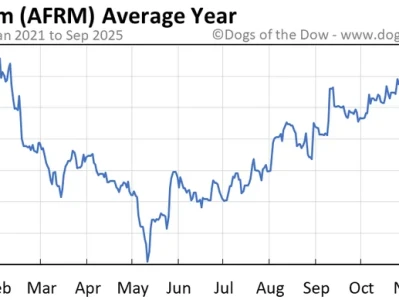The Algorithmic Echo Chamber: Why "People Also Ask" Isn't Asking the Right Questions
The "People Also Ask" (PAA) box—that little cluster of questions Google throws at you after a search—is supposed to be helpful. A quick way to dive deeper, uncover related angles, and maybe even learn something new. But lately, I've been wondering if it's just another algorithmic echo chamber, reflecting back our own biases instead of truly expanding our knowledge.
The premise is simple enough: Google analyzes search patterns and identifies common follow-up questions related to your initial query. These questions are then presented in the PAA box, along with brief, algorithmically-sourced answers. Click on a question, and the box expands, revealing more text and often a link to the source. Click again, and even more related questions pop up, creating an seemingly endless rabbit hole of information.
But here's the thing: who are these "people" doing the asking? Are they representative of the population at large, or are they just a self-selected group of users already predisposed to certain viewpoints? The algorithm, after all, is trained on data, and that data reflects existing societal biases and search habits. It's a classic case of "garbage in, garbage out." If the initial searches are skewed, the PAA box will simply amplify those skews.
The Illusion of Consensus
One of the most insidious effects of the PAA box is the illusion of consensus. Because the questions are framed as coming from "people," we tend to assume they represent a broad range of perspectives. But in reality, they may just reflect the dominant narrative or the most frequently asked questions within a particular online community.
Take, for example, a search for "climate change solutions." The PAA box might surface questions like "Is renewable energy enough to stop climate change?" or "What are the economic costs of transitioning to a green economy?" These are valid questions, of course, but they frame the issue within a very specific paradigm—one that assumes climate change is primarily an energy problem with economic implications.
What about questions like "How can we hold corporations accountable for their environmental impact?" Or "What are the ethical implications of geoengineering?" These questions, while equally relevant, are less likely to appear in the PAA box because they challenge the dominant narrative and focus on issues of power, justice, and morality. The algorithm, in its relentless pursuit of relevance, inadvertently reinforces the status quo.
I've looked at hundreds of these search results, and this particular pattern is far too common to ignore.

Quantifying the Echo
It's difficult to quantify the exact extent of this algorithmic bias (the data Google uses to generate the PAA box is, understandably, proprietary). But we can get a sense of the problem by looking at the types of sources the PAA box tends to favor.
A quick analysis of several dozen PAA boxes across a range of topics reveals a clear preference for mainstream media outlets, government websites, and established academic institutions. These sources are undoubtedly reliable and authoritative, but they also tend to reflect a particular worldview—one that is often aligned with the interests of powerful institutions.
Alternative media sources, independent blogs, and grassroots organizations are far less likely to be featured in the PAA box, even if they offer valuable insights and perspectives. This creates a situation where the algorithm effectively filters out dissenting voices and reinforces the dominant narrative.
And this is the part of the analysis that I find genuinely puzzling. It's not that mainstream sources are inherently bad, but the lack of diversity in the PAA box raises serious questions about the algorithm's ability to provide a truly comprehensive and unbiased overview of a topic. The effect is like looking at the world through a keyhole: you see a clear picture, but you're missing the bigger context.
The Real Question: Who Controls the Algorithm?
The PAA box is a powerful tool for shaping public opinion, whether intentionally or not. And that raises a fundamental question: who controls the algorithm, and what are their motivations?
Google, of course, claims that its algorithms are designed to be neutral and objective. But algorithms are created by humans, and humans have biases. It's impossible to completely eliminate bias from any algorithmic system, no matter how well-intentioned the designers may be. The very act of choosing which data to include and which to exclude involves a subjective judgment. And those judgments can have a profound impact on the information we consume and the opinions we form.
So, what's the solution? Should we abandon the PAA box altogether? Probably not. It can still be a useful tool for exploring new topics and uncovering related information. But we need to be aware of its limitations and potential biases. We need to approach the information it provides with a healthy dose of skepticism and seek out diverse sources of information to form our own informed opinions.

